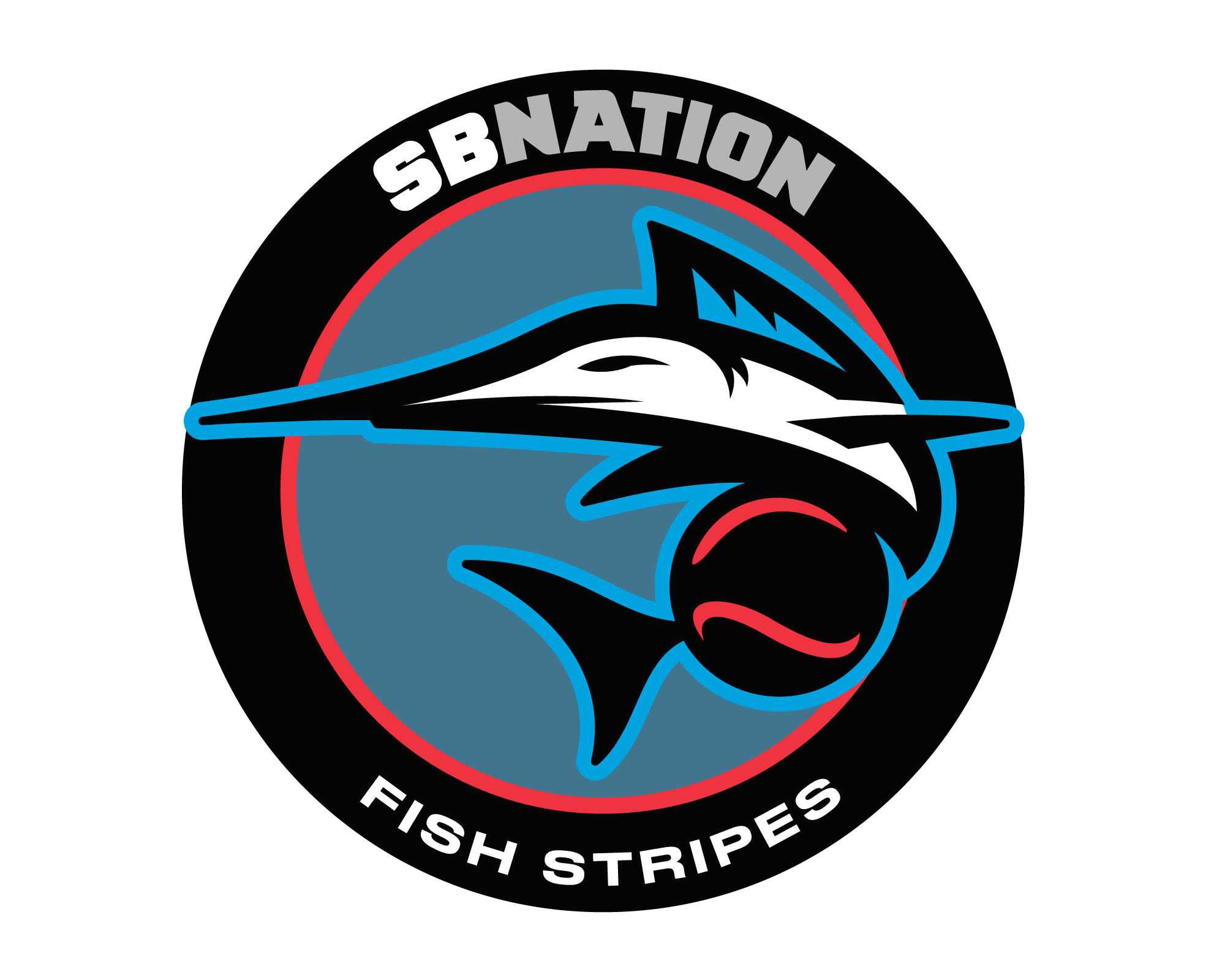/cdn.vox-cdn.com/uploads/chorus_image/image/71031230/1201998606.0.jpg)
As first reported by Craig Mish of SportsGrid and since confirmed by many others in the industry, Gary Denbo is out as the Marlins vice president of player development and scouting. Handpicked by Derek Jeter for a prominent front office role at the start of the franchise’s latest rebuild, Denbo departs only four months after Jeter’s exit as CEO.
Denbo played professionally in the 1980s, then transitioned into a hitting coach, working his way up through the Yankees organization. He was their vice president of player development in 2017 when Jeter hired him away to transform the Marlins farm system.
Denbo purged countless employees from the Marlins org during his first couple years (players and non-players alike), some for poor performance but others for clashing with his abrasive style, as detailed by Ken Rosenthal of The Athletic. At a time when most Major League Baseball front offices embrace collaboration, he had a throwback style. And it didn’t really work.
It was inevitable that the Marlins were going to rapidly accumulate young talent under Denbo’s watch. Nobody could screw up that part of the process considering how much position player starpower—Giancarlo Stanton, Marcell Ozuna, Christian Yelich, etc.—they inherited from the previous regime, plus new ownership’s willingness to endure losses at the major league level to augment their amateur draft position and bonus pool. Denbo was intimately involved in identifying prospects that Miami should target via trade, determining assignments for minor league players and revamping coaching and training methods to reflect his own values.
By 2019, the Marlins had what was universally regarded as a very good farm system. It never seriously contended for the No. 1 spot, though. Ironically (considering Denbo’s background), this organization has repeatedly failed to get hitters to realize their full potential. Jazz Chisholm Jr. is proving to be one of the few exceptions. The Marlins invested $4-plus million each to sign Connor Scott, Victor Victor Mesa, JJ Bleday and Kahlil Watson in recent years, all of whom have underachieved to various degrees (Scott has since been traded to the Pirates). Nick Fortes is emerging as a homegrown success story—unlike Jazz, he has spent his whole pro career as a Marlin—but he doesn’t have much company.
On the other hand, it would be unfair to gloss over Miami’s pitching expertise. That starts with Sandy Alcantara, unquestionably one of the best arms on the planet. The Fish acquired him as a talented but unrefined prospect. Pablo López and Eury Pérez have similarly made extraordinary progress since joining the Marlins org (López arrived via trade a few months before Denbo). It’s too late to salvage the 2022 season, but this club is poised to have strong run prevention for years to come thanks to some combination of Max Meyer, Trevor Rogers, Edward Cabrera, Jesús Luzardo, Jake Eder, Dax Fulton and the aforementioned stars.
It should also be noted that the Marlins have often been toward the back of the pack when it comes to addressing minor league player compensation and working conditions. They’re still dragging their feet on paying for extended spring training, as an example. That reflects poorly on Denbo.
More than a year-and-a-half after her initial hire, Kim Ng has severed a key link to her predecessors. Additional departures should follow soon. Once the dust settles, I’ll be fascinated to see what changes she implements.

Loading comments...